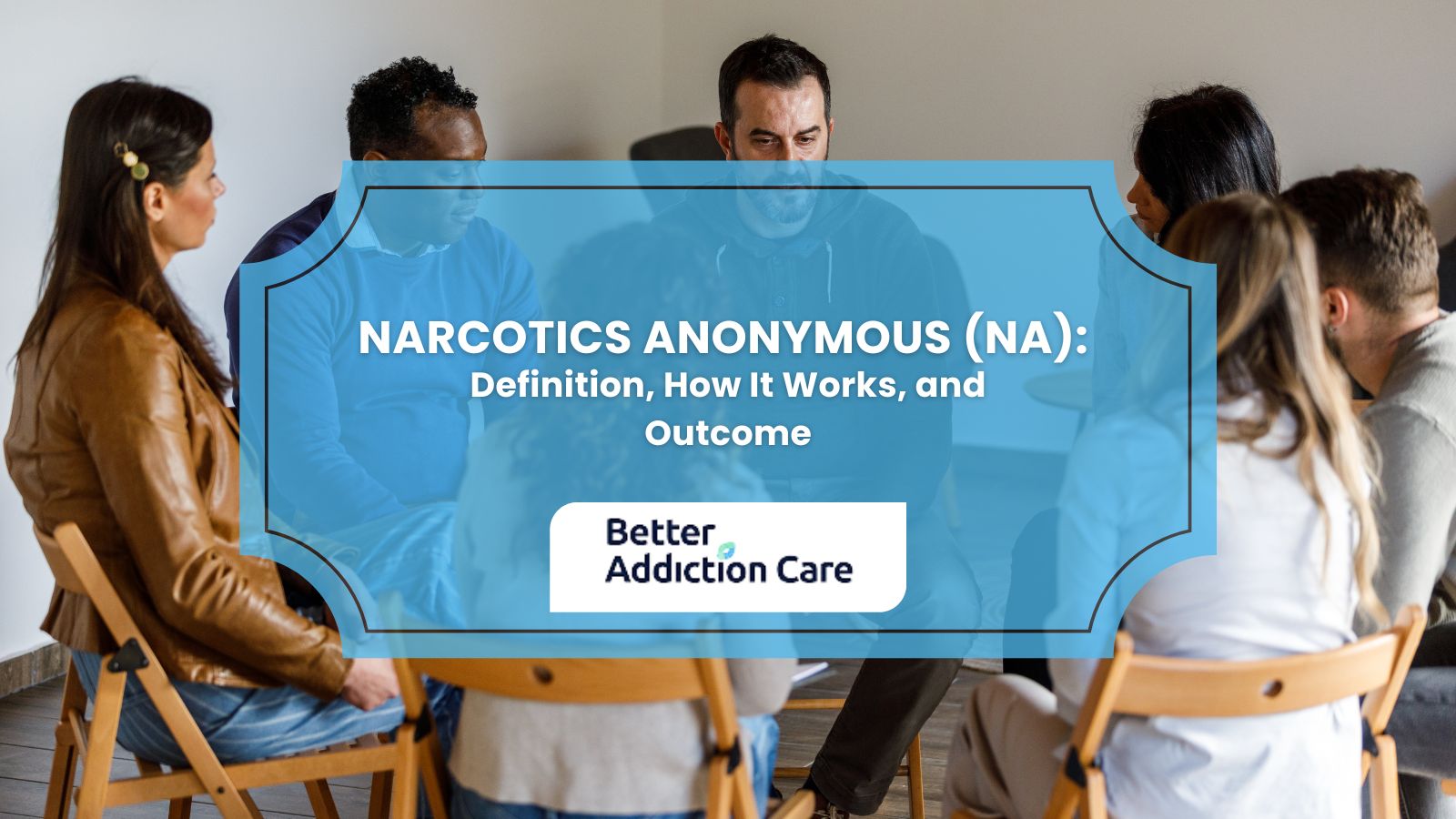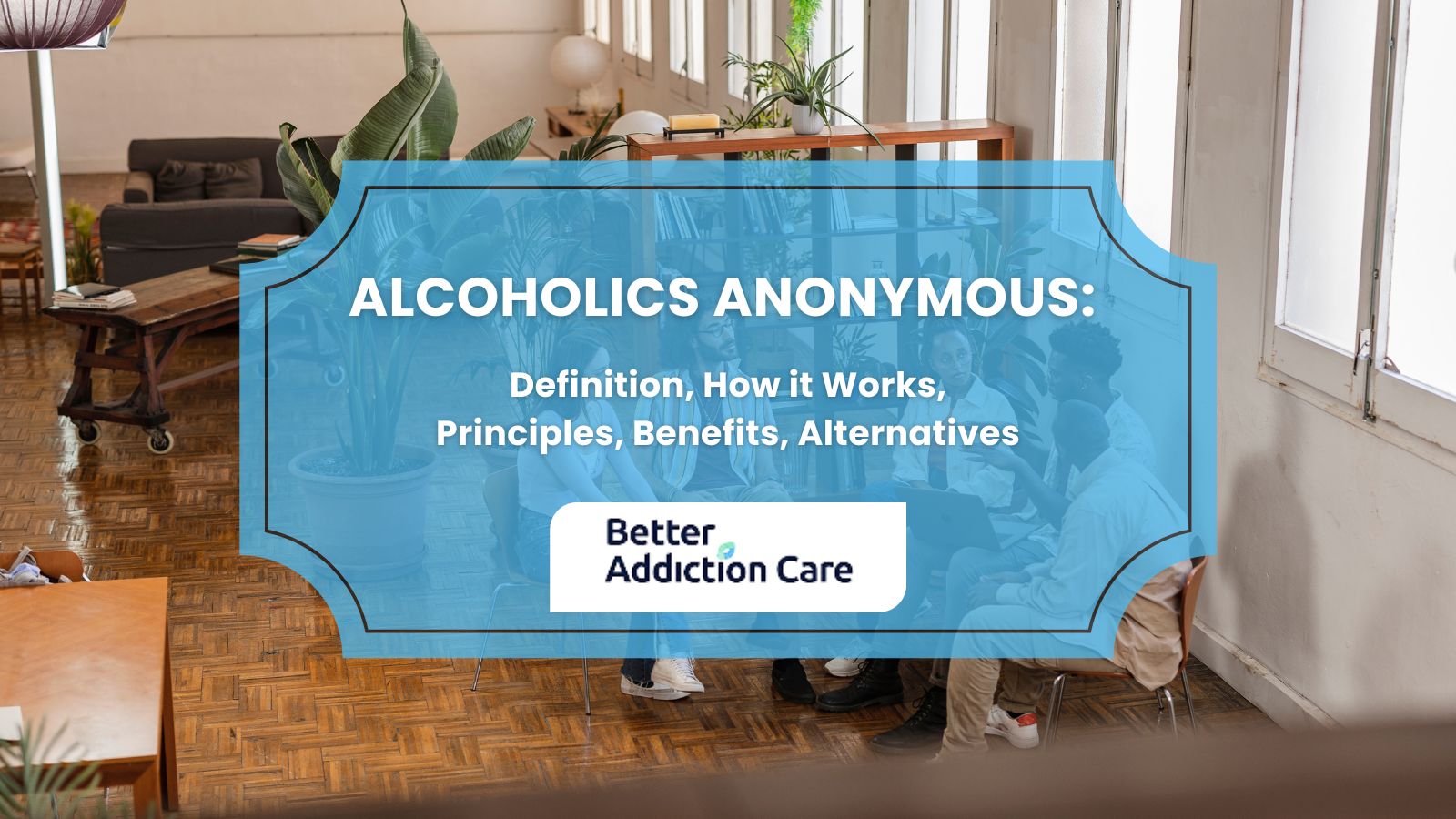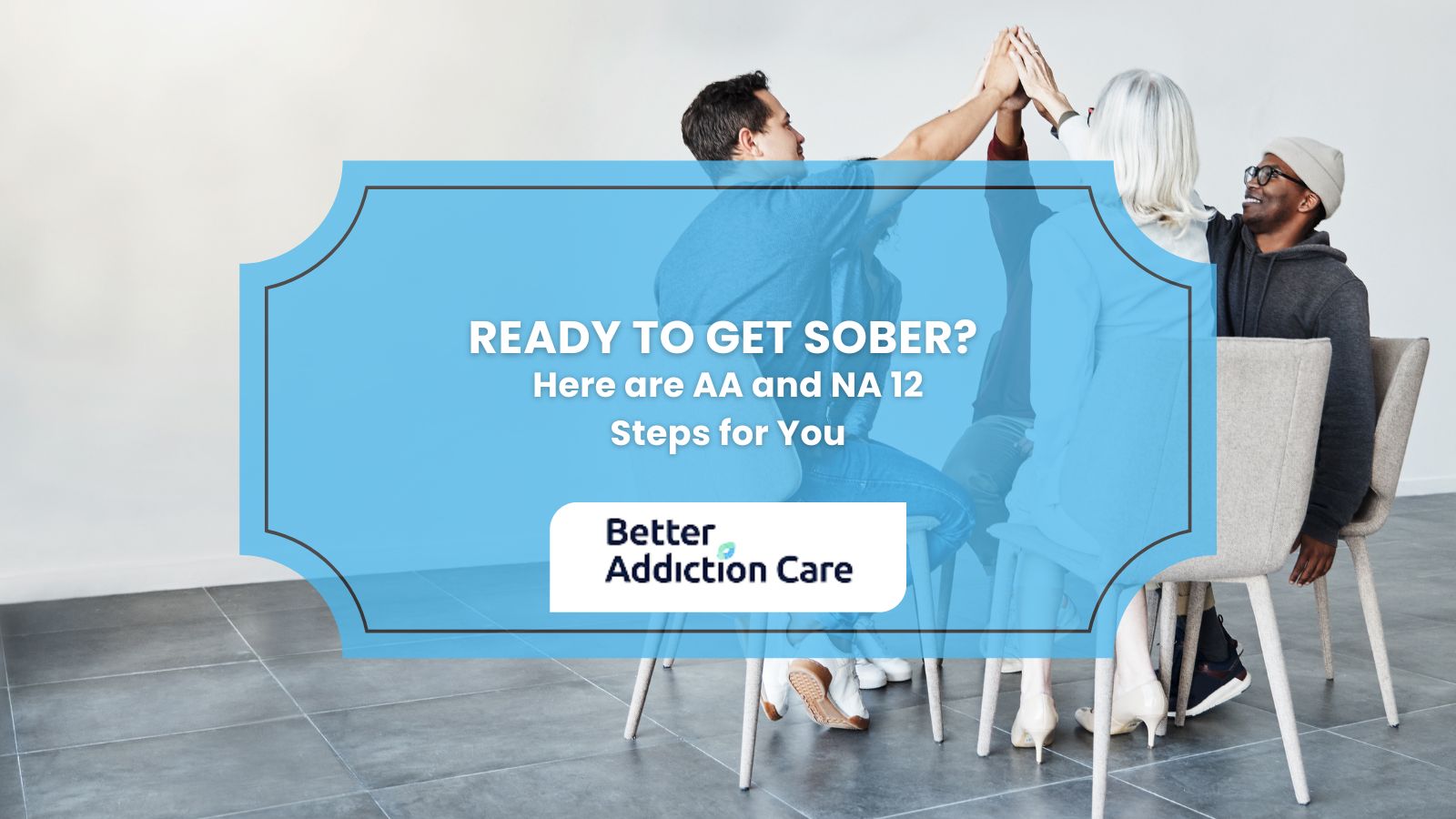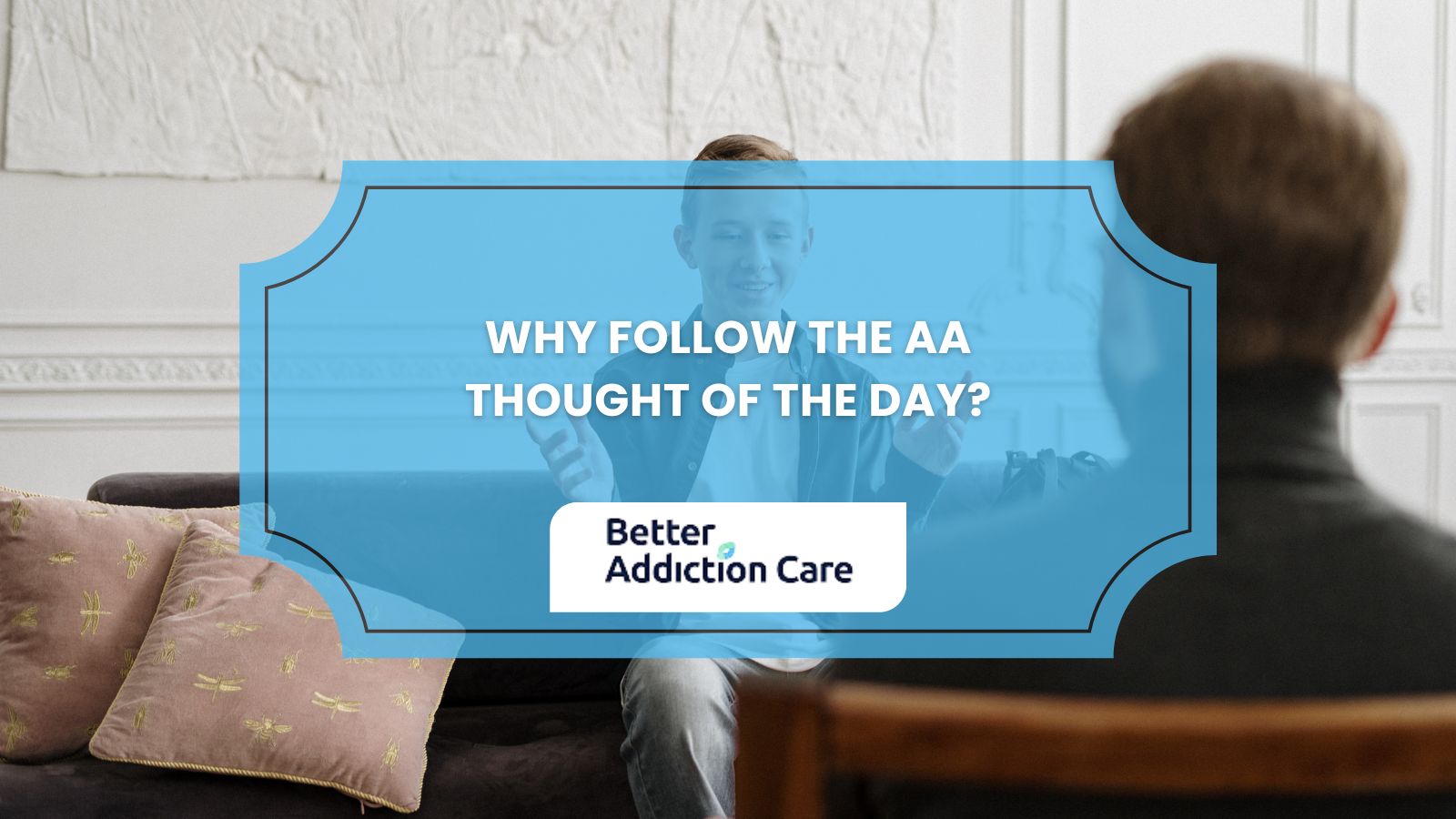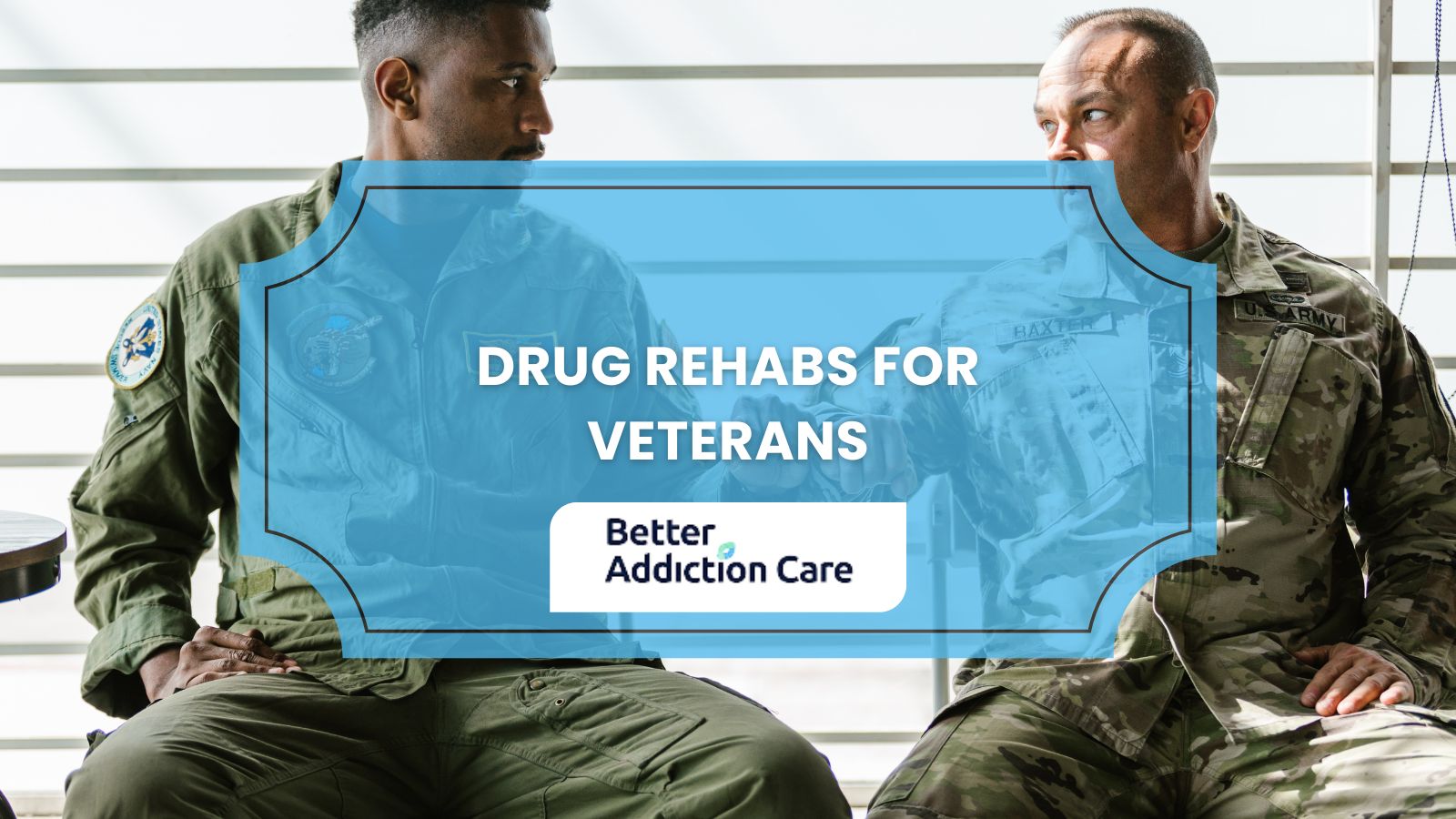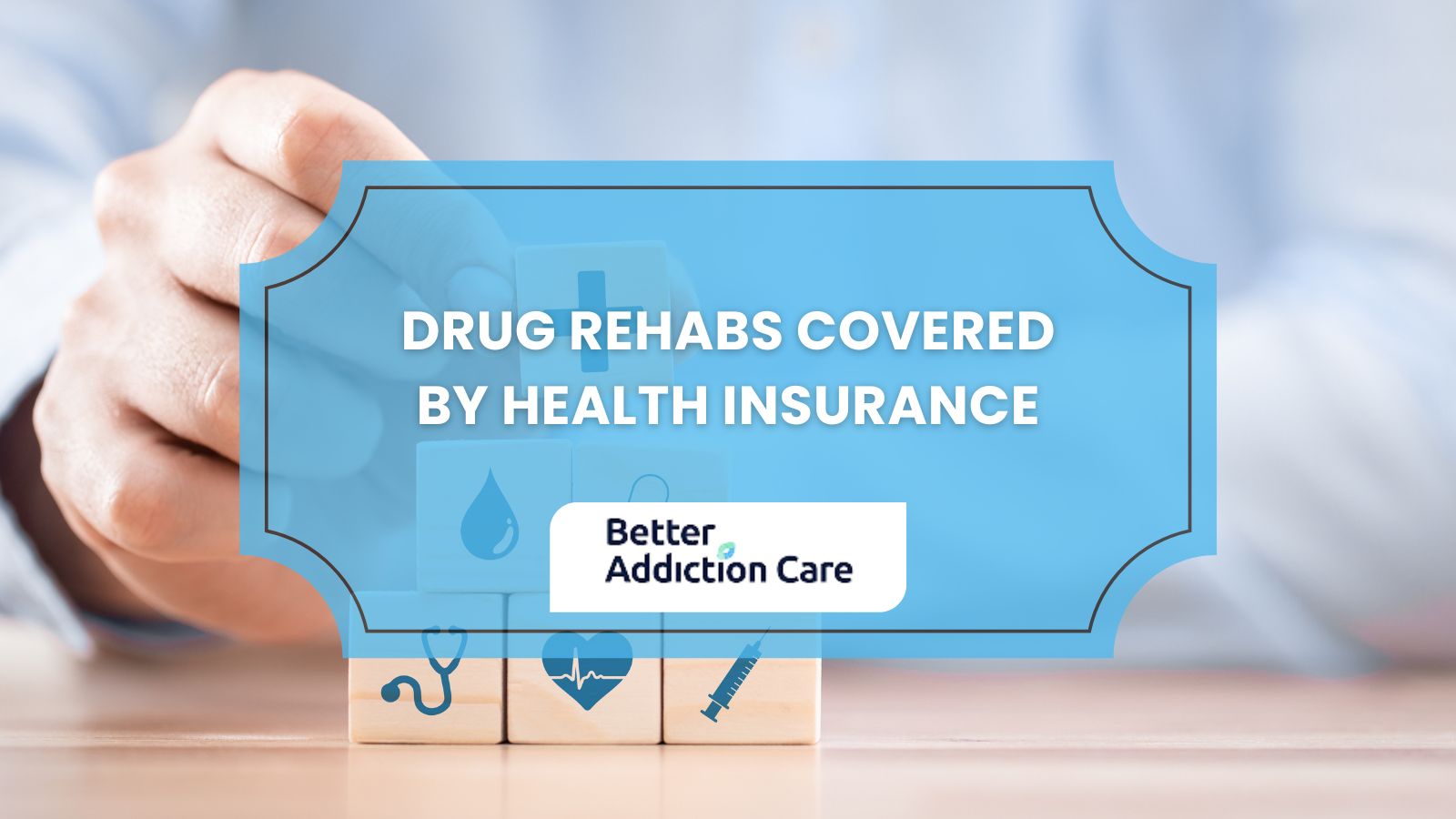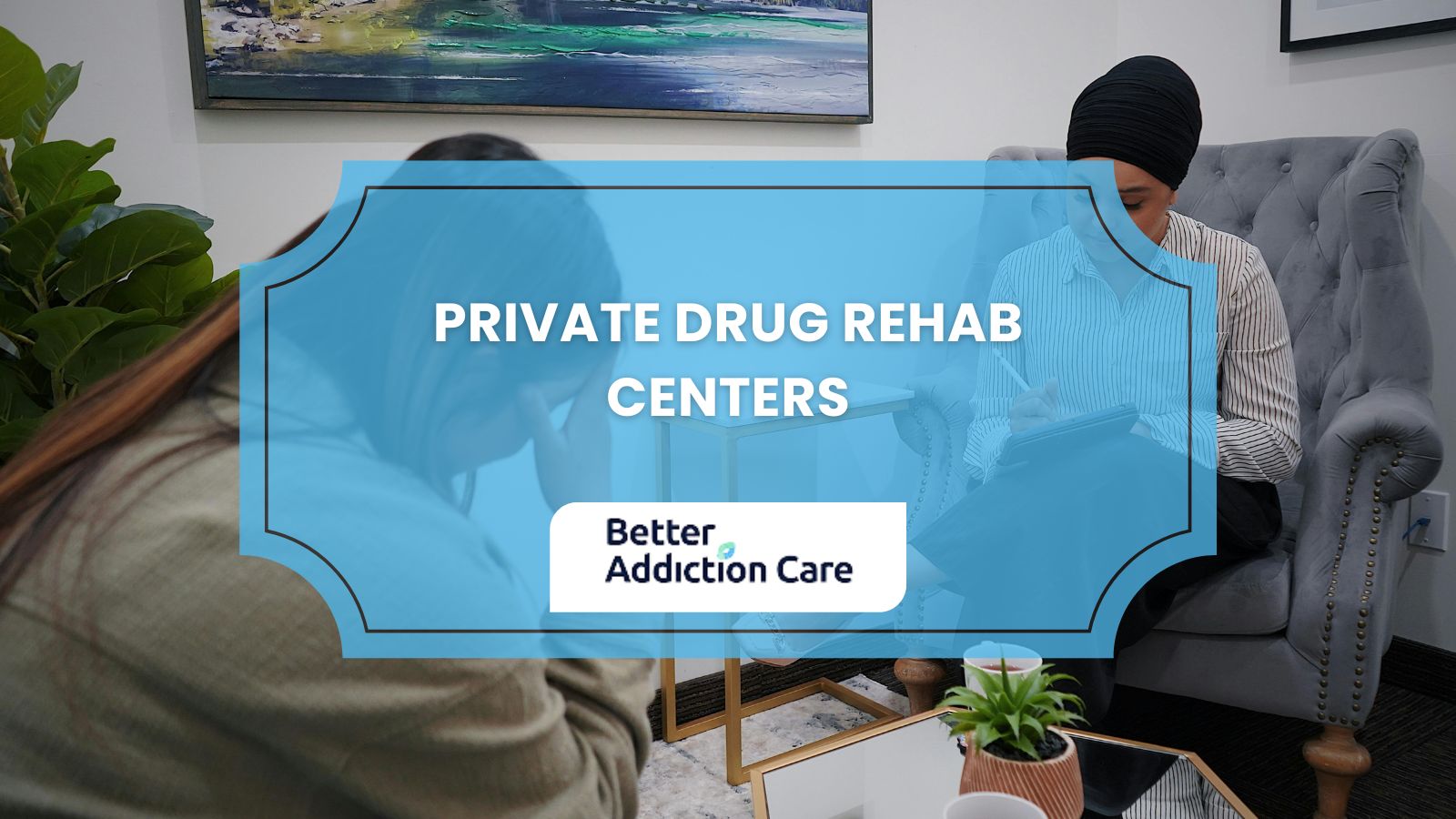Clean and Sober Streets

Overview
Clean and Sober Streets is a substance abuse treatment center for people seeking treatment near District of Columbia County. As part of their treatment modalities for recovery, Clean and Sober Streets provides cognitive behavioral therapy, substance use disorder counseling, and trauma-related counseling during treatment. Clean and Sober Streets is located in Washington, District of Columbia, accepting medicaid for treatment.
Clean and Sober Streets at a Glance
Payment Options
- Medicaid
- State-financed health insurance plan other than Medicaid
- Federal, or any government funding for substance use treatment programs
- Cash or self-payment
Assessments
- Screening for tobacco use
- Comprehensive substance use assessment
- Screening for mental disorders
- Screening for substance use
Age Groups
- Young adults
- Adults
- Seniors
Ancillary Services
- Case management service
- Acupuncture
- Early intervention for HIV
- Social skills development
- Transportation assistance
Highlights About Clean and Sober Streets
6.89/10
With an overall rating of 6.89/10, this facility has following balanced range of services. Alcohol Rehabilitation: 8.00/10, Drug Rehab and Detox: 6.00/10, Insurance and Payments: 6.00/10, Treatment Options: 7.58/10.-
Alcohol Rehabilitation 8.00
-
Treatment Options 7.58
-
Drug Rehab and Detox 6.00
-
Insurance and Payments 6.00
Accreditations
State department of health:

Government agencies issue State Licenses, granting rehabilitation organizations permission to operate their businesses lawfully within specific geographic regions. The specific licenses needed for legal operation are typically determined by the type of rehabilitation program offered by the facility and its physical location.
Federally Qualified Health Center:
Federally Qualified Health Center (FQHC) accreditation is a process of evaluation and recognition by the federal government for community health centers that provide comprehensive and accessible healthcare services to underserved populations. FQHC accreditation is essential for centers to receive federal funding and to ensure that they meet standards for quality, patient-centered care.
Treatment At Clean and Sober Streets
Treatment Conditions
- Alcoholism
- Substance use treatment
Care Levels
- Hospital inpatient treatment
- Short-term residential
- Long-term residential
- Aftercare
- Halfway house
Treatment Modalities
- Cognitive behavioral therapy
- Substance use disorder counseling
- Trauma-related counseling
- Smoking/vaping/tobacco cessation counseling
- Group counseling
Ancillary Services
Additional Services
- Pharmacotherapies administered during treatment
- Mentoring/peer support
- Breathalyzer or blood alcohol testing
Special Programs
- Clients with co-occurring mental and substance use disorders
- Clients who have experienced trauma
Contact Information
Read our Most Recent Article About Drug Addiction
DISCLAIMER: The facility name, logo and brand are the property and registered trademarks of Clean and Sober Streets, and are being used for identification and informational purposes only. Use of these names, logos and brands shall not imply endorsement. BetterAddictionCare.com is not affiliated with or sponsored by Clean and Sober Streets.

